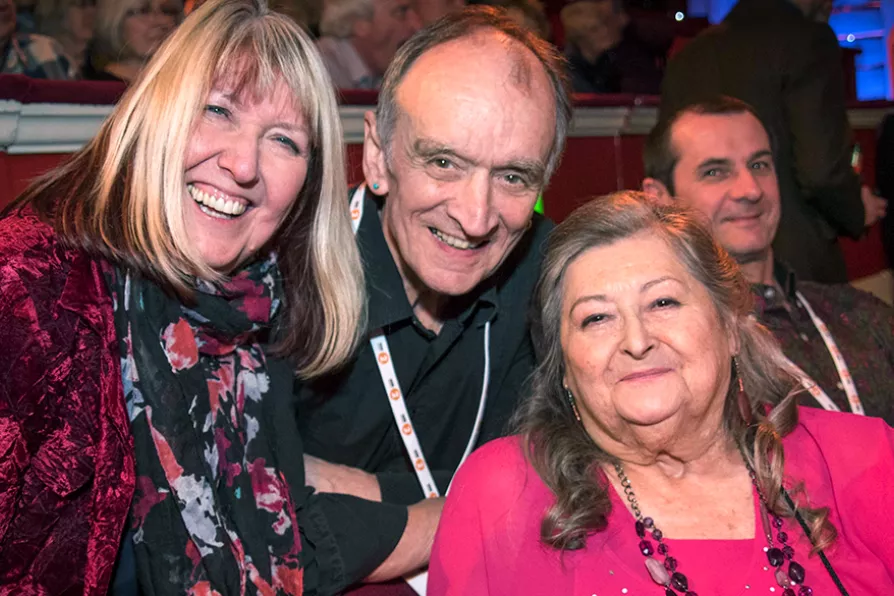The selection, analysis and interpretation of historical ‘facts’ always takes place within a paradigm, a model of how the world works. That’s why history is always a battleground, declares the Marx Memorial Library

 LEGENDS: Maddy Prior, Martin Carthy and Norma Waterson at the BBC Radio 2 Folk Awards 2016
[Bryan Ledgard/Creative Commons]
LEGENDS: Maddy Prior, Martin Carthy and Norma Waterson at the BBC Radio 2 Folk Awards 2016
[Bryan Ledgard/Creative Commons]
THE Tories persist with their attacks on the BBC, despite the fundamentally conservative nature of the institution, and its role as a key part of the state’s ideological apparatus.
This last is what makes the Beeb problematic for the left. However, the sheer range and depth of its coverage means that some amazing stuff does get past the self-censors.
As a great fan of Radio 3, I was recently delighted to hear the late great Norma Waterson and Alan Bush on the same day.

New releases from Toby Hay, Bruce Springsteen, Bonnie Dobson & The Hanging Stars

New releases from Madalitso Band, Gabriel da Rosa, and Femi Kuti

STEVE JOHNSON, CHRIS SEARLE and TONY BURKE review new releases from Steve Knightley, Jupiter & Okwess, Jason Palmer, Lisa Knapp and Gerry Driver, Kin'Gongolo Kiniata, Ingrid Laubrock/Tom Rainey, Dan Sealey, Simin Tande, PAZ











